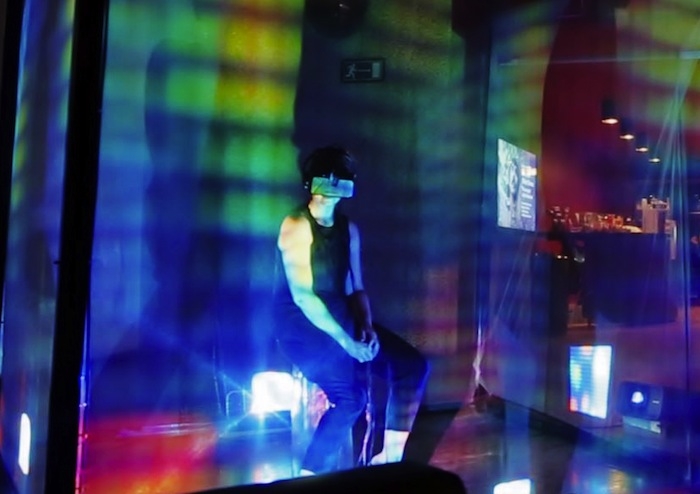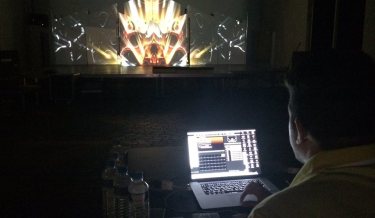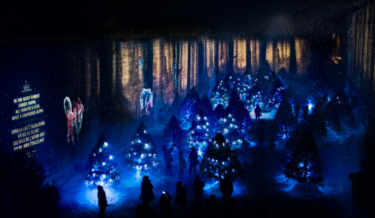Related post
Lumen Interview with VJ CODEC. Greetings from Greece!
Dec 17, 2014
|
Comments Off on Lumen Interview with VJ CODEC. Greetings from Greece!
3937
Everything old is new again – DiMoDA, a ‘digital native’ platform for digital art
Mar 07, 2017
|
Comments Off on Everything old is new again – DiMoDA, a ‘digital native’ platform for digital art
3485
Lumina Borealis Goes Interactive with Map Projection Technology
May 04, 2017
|
Comments Off on Lumina Borealis Goes Interactive with Map Projection Technology
2516







